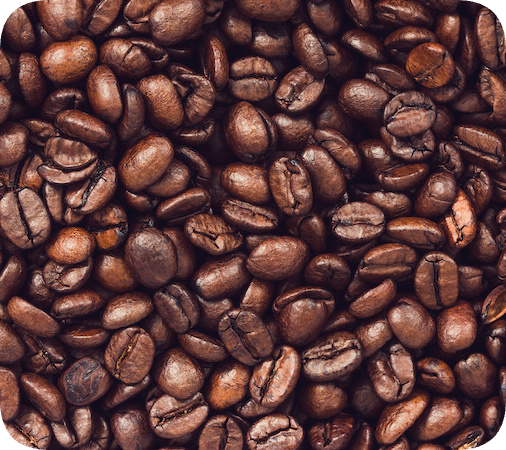When it comes to global commodities like coffee beans, even the slightest change in the environment or the economy can drastically change prices and supplies. That’s what happened in 2021 when a sudden and severe frost in Brazil destroyed 500,000 acres of coffee plantations, sending prices for unroasted coffee beans soaring. The extensive damage reduced the country’s coffee production by more than 10 million bags annually for three consecutive years. Brazil is the world’s largest producer of Arabica beans, the most popular bean type and the one most commonly used in barista-made coffee. Once the nation’s Arabica supply started to collapse, however, coffee buyers turned to farmers in other countries to make up for the loss.
One of those countries was Vietnam, the primary producer of Robusta beans, which have a more bitter taste than Arabica beans and are mainly used in instant blends. But then Vietnam had its own weather problems. Faced with the worst drought in ten years, Vietnamese coffee farmers decided to switch to a new crop that needed less water: durian fruit. Durian is a nutritious tropical fruit known for its spiky outer shell and strong smell, and it recently became a trendy product in China. As a result, durian took over farms that once grew coffee beans, causing coffee exports in Vietnam to drop by 50 percent over the last year. Without a steady supply of Arabica beans from Brazil or an increase in back-up Robusta beans from Vietnam, the world’s stockpile of coffee has suddenly gotten very low.
What happens next will depend on the weather. In Brazil, coffee farmers are waiting for rains to water growing spring crops. “What everyone is looking at is when the rains will return,” said Felipe Barretto Croce, CEO of FAFCoffees in Brazil. “If they return early, the plants should be healthy enough and the flowering should be good.” But if the rains don’t come until harvest season in October, then this year’s coffee crop may not be big enough to replenish the world’s stockpile, and prices could rise for consumers.
Questions:
- How did bad weather affect the global supply of coffee beans in Brazil and Vietnam?
- Why did many Vietnamese farmers switch from growing coffee beans to durian fruit? Do you think they should continue pursuing the durian trend in the long term?

